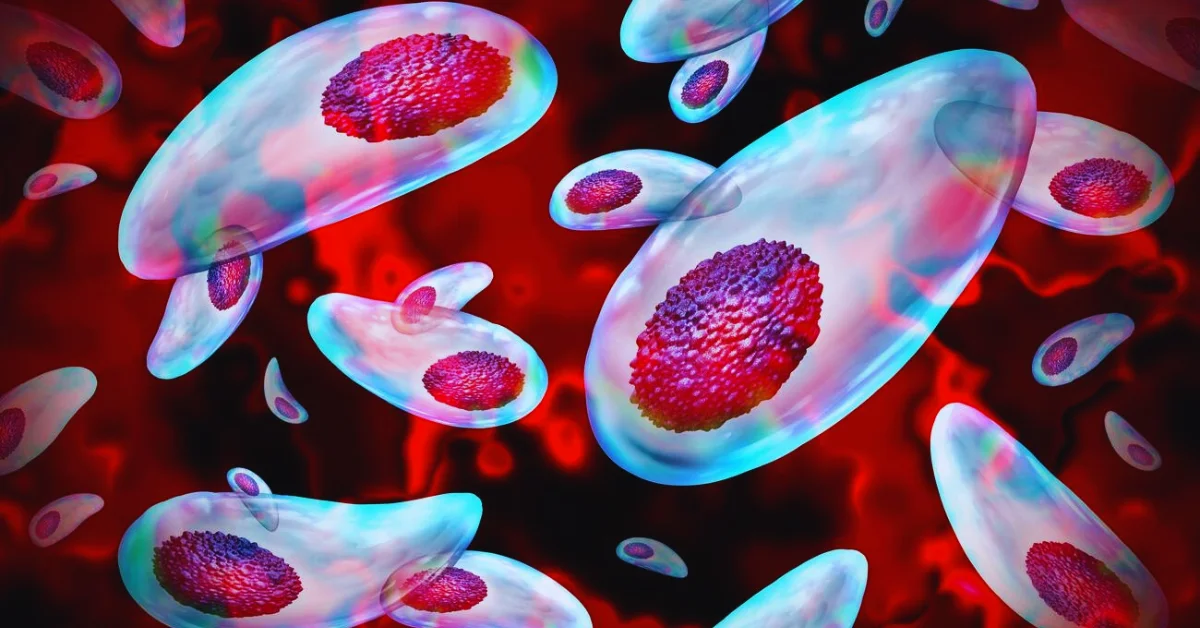Parasites are organisms that live and feed on a host, often causing harm to the host’s health. These unwelcome guests can wreak havoc on the human body, leading to a wide range of symptoms and health issues. In this article, we’ll explore what parasites are, how they infect humans, and most importantly, which foods can help kill parasites and protect your well-being.
Key Takeaways
- Parasites are organisms that rely on a host to survive and can cause various health problems.
- Common sources of parasite transmission include contaminated food and water, poor hygiene, and contact with infected individuals or animals.
- Certain foods, such as garlic, pumpkin seeds, and papaya, possess anti-parasitic properties that can help combat infections.
What Are Parasites?
Parasites are organisms that live on or within a host organism, feeding off the host’s nutrients and resources. They can range from microscopic single-celled protozoa to larger worms like tapeworms and roundworms. While some parasites may cause no noticeable symptoms, others can lead to severe health consequences, including malnutrition, organ damage, and even death.
How Does Someone Become Infected With A Parasite?
Parasite infections can occur through various means, depending on the type of parasite. Common sources of transmission include:
- Consuming contaminated food or water: Parasites can be present in undercooked meat, unwashed fruits and vegetables, or water contaminated with fecal matter.
- Poor hygiene practices: Failing to wash hands properly after using the restroom or handling animals can facilitate the spread of parasites.
- Contact with infected individuals or animals: Some parasites can be transmitted through close contact with an infected person or animal, such as through sexual contact or handling pet waste.
Also Read: Testosterone Killing Foods: Understanding Their Impact
Common Parasites Affecting Humans
Several parasites commonly infect humans worldwide. Some notable examples include:
- Giardia: This microscopic parasite causes giardiasis, an intestinal infection characterized by diarrhea, abdominal cramps, and bloating.
- Toxoplasma gondii: This parasite can be found in undercooked meat or cat feces and can cause toxoplasmosis, which may lead to flu-like symptoms and congenital disabilities in pregnant women.
- Hookworms: These small worms can enter the body through the skin or by ingesting contaminated soil. They attach to the intestinal wall and feed on blood, causing anemia and malnutrition.
Symptoms Of A Parasite Infection
The symptoms of a parasite infection can vary depending on the specific parasite and the individual’s overall health. Common signs may include:
- Gastrointestinal issues: Diarrhea, abdominal pain, bloating, and nausea are frequently associated with parasite infections.
- Fatigue and weakness: Parasites can deplete the body’s nutrients, leading to chronic fatigue and weakness.
- Unexplained weight loss: Some parasites interfere with nutrient absorption, causing unintended weight loss.
- Skin rashes or itching: Certain parasites can cause skin irritation or rashes, particularly those that enter through the skin.
If you experience persistent or severe symptoms, it’s crucial to seek medical attention for proper diagnosis and treatment.
Foods That Kill Parasites In Humans
While medical treatment is often necessary to eliminate parasite infections, certain foods have been found to possess anti-parasitic properties. Incorporating these foods into your diet may help combat parasites and support overall health:
- Garlic: Allicin, a compound found in garlic, has been shown to have anti-parasitic effects against various parasites, including Giardia and Toxoplasma gondii.
- Pumpkin seeds: These seeds contain cucurbitacin, a compound that can paralyze and eliminate intestinal worms.
- Papaya: The enzyme papain found in papaya has been found to help break down parasitic worms and inhibit their growth.
- Coconut: Coconut oil and meat contain medium-chain fatty acids that can help destroy the cell membranes of parasites.
- Berries: Berries like blueberries and blackberries are rich in antioxidants and polyphenols, which can support the immune system in fighting off parasites.
Conclusion
Parasite infections pose a significant threat to human health, causing a wide range of symptoms and complications. By understanding how parasites spread and taking proactive measures to prevent infections, you can protect yourself and your loved ones. Incorporating foods with anti-parasitic properties into your diet, such as garlic, pumpkin seeds, and papaya, can be a natural way to combat these unwelcome invaders.
Remember, maintaining good hygiene practices, consuming properly cooked food, and drinking clean water are essential steps in reducing the risk of parasite infections. If you suspect you may have a parasite infection, don’t hesitate to consult with a healthcare professional for proper diagnosis and treatment.
Read More: Foods To Avoid When Taking Sertraline For Optimal Effectiveness
FAQs
A: While certain foods may have anti-parasitic properties, it’s essential to seek medical advice for proper treatment. Medication is often necessary to effectively eliminate parasite infections.
A: The duration of treatment depends on the type of parasite and the severity of the infection. Some infections may resolve within a few days, while others may require weeks or months of treatment.
A: Natural remedies like consuming garlic, pumpkin seeds, and papaya may help combat parasites. However, it’s crucial to consult with a healthcare professional before relying solely on natural remedies.
A: Some parasites, such as Giardia, can be transmitted through close contact with an infected person, including kissing. Practicing good hygiene and avoiding contact with contaminated saliva can help reduce the risk of transmission.

